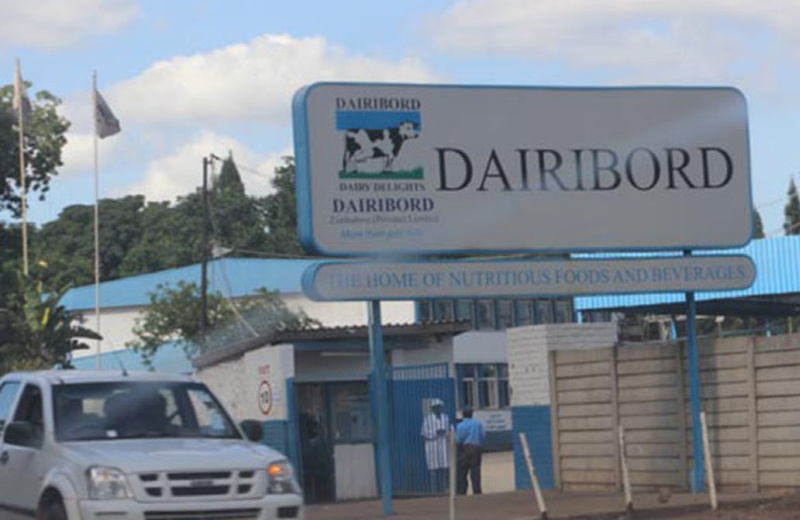‘Capacitate SMEs to accelerate regional trade’
CAPACITATING small to medium scale businesses to participate in regional trade is critical in attracting increased investment in Africa post-Covid-19.
As the continent gears to operationalise the African Continental Free Trade Area (AfCFTA) starting next month, regional trade experts believe that putting small-scale businesses at the centre would yield a good dividend for the continent.
The AfCFTA, already ratified by 30 countries, is expected to come into effect on 1 January, 2021 and would unite all 55 member states of the African Union. The pact is set to create a market of more than 1,2 billion people, including a growing middle class, and a combined gross domestic product (GDP) of over $3,4 trillion.
However, the AfCFTA will not in one dramatic swoop alter existing commercial and economic realities on a vast scale, but its implementation could lead the recovery efforts from the Covid-19 crisis, says African Development Bank (AfDB) vice president, Mr Solomon Quaynor.
“Through strategic measures and the right investments, policy frameworks and political backing, intra-African trade will be enhanced,” he said.
Mr Quaynor was part of the recent virtual regional industry experts meeting jointly hosted by the AfDB and Korea Customs Service with a focus on resetting, retooling and restarting regional integration in the wake of the Covid-19 pandemic.
Participants underscored the importance of putting small scale traders at the heart of any initiatives. The gathering noted that due to Covid-19, traditional value chains have been disrupted and were no longer reliable, emphasising the need for Africa to grab opportunities created by the crisis.
“We need to see which value chains need to be developed and we need to interconnect our policies with the right institutional framework,” said the bank.
The webinar looked at service sectors, e-commerce, digital platforms and value chain development as critical factors for accelerating trade and investment in Africa against the backdrop of the global pandemic. The workshop’s audience heard how regional integration is increasingly central to the continent’s future economic prospects and to attracting foreign direct investment.
“AfCFTA creates a new trade and integration reality . . . integrating unequal partners across the continent,” said Trudi Hartzenberg, executive director of the Trade Law Center (Tralac).
Trade facilitation enjoys specific focus within the AfCFTA, with digital, e-payments, and e-commerce particularly important.
Covid-19 has deepened pre-existing trade frictions within the continent yet offers important growth opportunities and great stories of innovation and highlights the importance of protecting Africa’s place in local value chains, said
Anabel Gonzalez, Senior Fellow, Peterson Institute for International Economics.
She also stressed the need to “put small scale traders at the heart of the effort” and urged governments to strengthen national agencies to provide support to small traders.-chronice.cl.zw










